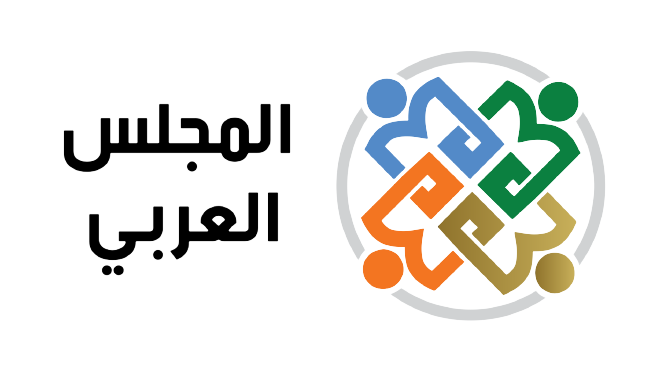Dr. Mohamed Moncef Marzouki is the former president of Tunsia (2011-2014), a doctor professor of preventive medicine at the faculty of medicine of Sousse and Paris, human rights activist, politician, and Tunisian thinker
Born on July 7, 1945, in the city of Grombalia in the governorate of Nabeul, northeast of Tunisia, to a family that descends from the Douz region in southern Tunisia.
He studied at Sadiki School in the capital, Tunis, then moved to Morocco, where his father, the fighter Mohamed -Bedoui Marzouki, lived as a political refugee for 33 years after a dispute with President Habib Bourguiba.
Obtained his baccalaureate (high school) from Tangier, Morocco in 1964, and moved to France to complete his postgraduate studies.
He obtained a doctorate in medicine from the University of Strasbourg in 1973, specializing in neurology and general medicine, and also obtained a BA in Psychology from the Faculty of Humanities of Sorbonne University.
He served as an assistant professor at the University of Strasbourg in France, and professor of modern medicine at the University of Paris.
In 1981, he started teaching at the Tunisian University, and was one of the founders of the collective folk medicine experience in Tunisia.
Awarded the prize of the Maghreb Conference of Medicine from President Habib Bourguiba in 1984, the prize of the Arab Medical Conference from Algerian President Chadli Bendjedid in 1989, and the prize of the French Institute of Health.
Headed the Tunisian League for Human Rights from 1989 to 1993.
Ran against Zine El Abidine Ben Ali in the 1994 presidential elections and was tried and imprisoned for that. He was released from prison following a national and international campaign and direct intervention from Nelson Mandela.
He was expelled from teaching at the university and was harassed because of his fierce opposition to the regime.
In 1994, he founded the National Council for Liberties, along with a group of defenders.
He left Tunisia in 2001 to spend years in the diaspora.
Cofounder of the Arab Committee for Human Rights, with Dr. Haitham Manna.
Founded “The Congress for the Republic” political party on July 25, 2001, accompanied by activists in Tunisia and abroad, and led a long battle against the tyranny of the Ben Ali regime and contributed to the unifying of the Tunisian opposition in that battle until the December 17, 2010 revolution.
Elected as a member of the Constituent Assembly in October 2011 and then was elected in December 2011 as President of the Republic of Tunisia during the transitional period after the revolution.
He remained in the presidency until the end of 2014. In his capacity as president, he signed the Constitution of the Revolution in 2014.
After losing the 2014 presidential elections, he founded the “Harak Tounes Iradaa” party and continued his struggle to preserve the gains of the revolution.
The American “Time” magazine identified him among the 100 most influential people in the world in 2013.
The American “Foreign Policy” magazine identified him among the 100 best global thinkers for the years 2012 and 2013.
On June 3, 2013, he received an honorary doctorate from the University of Tsukuba in Japan.
On January 27, 2014, he was identified by the Center for Studies and Humanities “Mada” as the best Maghreb personality for the year 2013, for his recognition of the rights of Maghreb citizenship.
Wrote dozens of articles in Arabic, French, and English, and he has more than 20 books in Arabic and French in the fields of medicine, human rights, and democracy.
Chaired the Arab Council institution since its establishment in Tunisia on July 26, 2014, and the Foundation established by the Council in Geneva in March 2022.
To see Dr. Marzouki’s detailed biography, please access the link below: https://www.moncefmarzouki.com/biography-2


